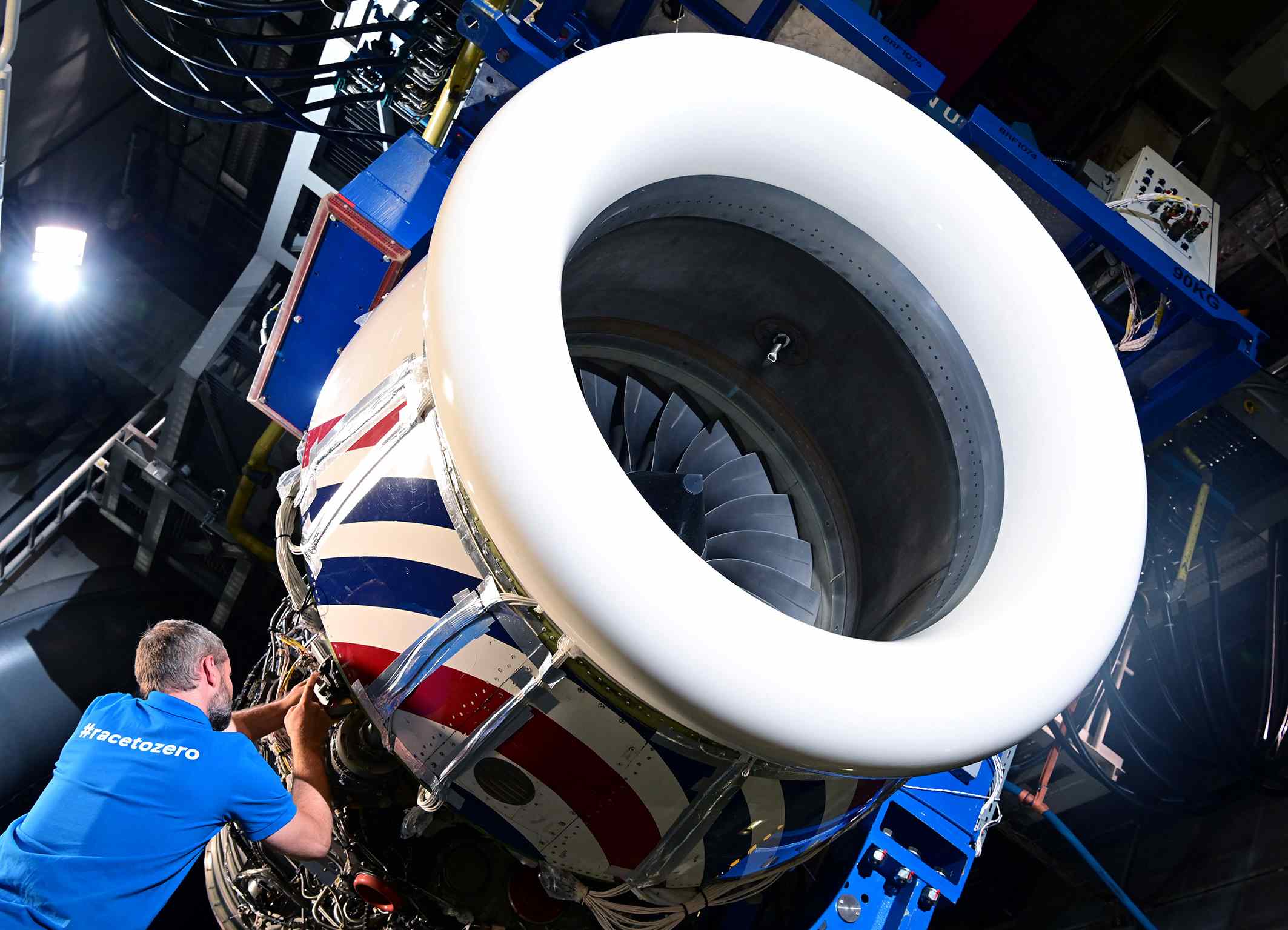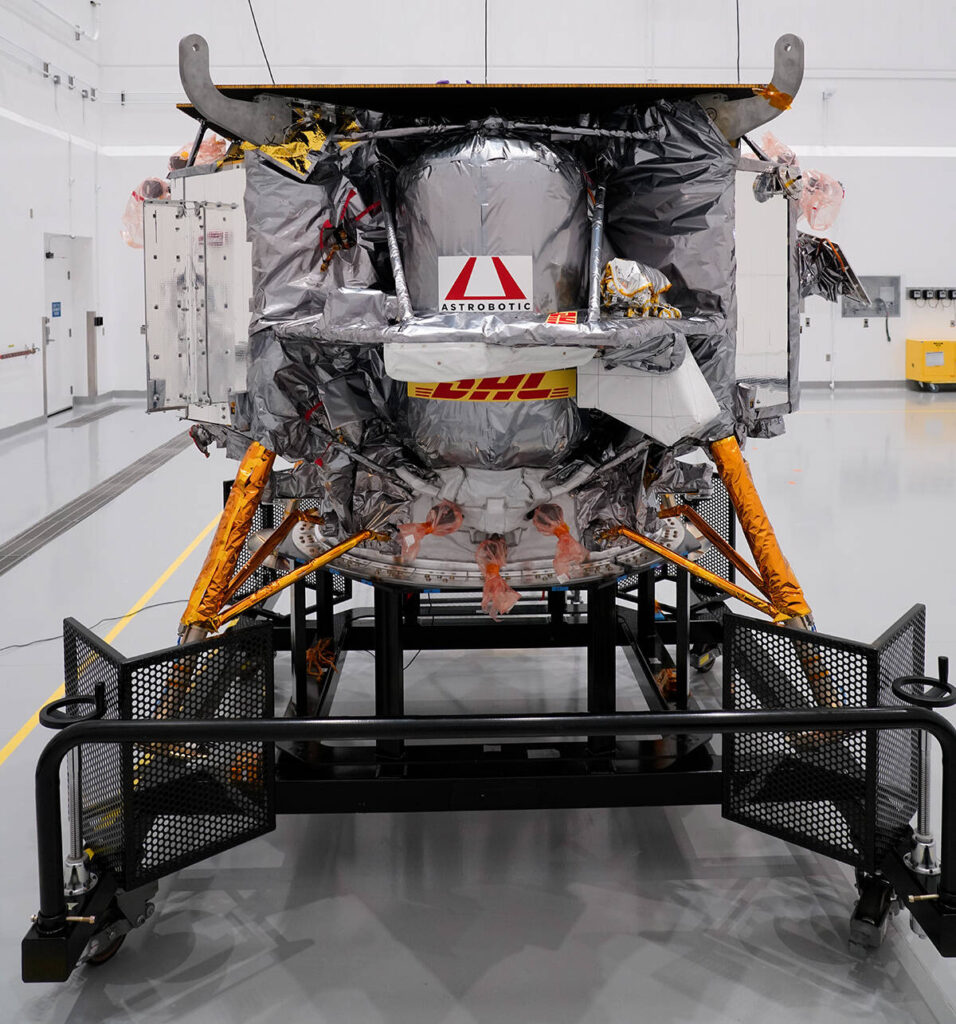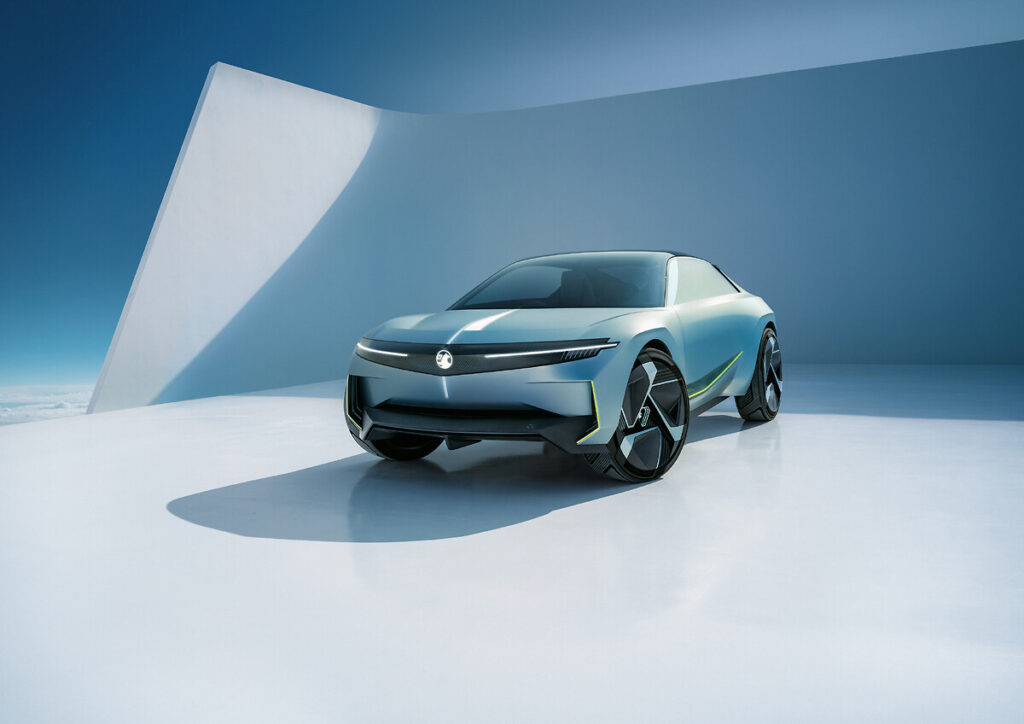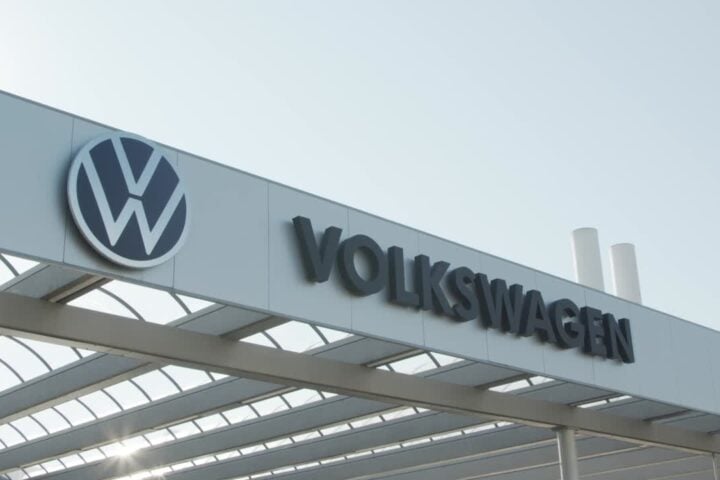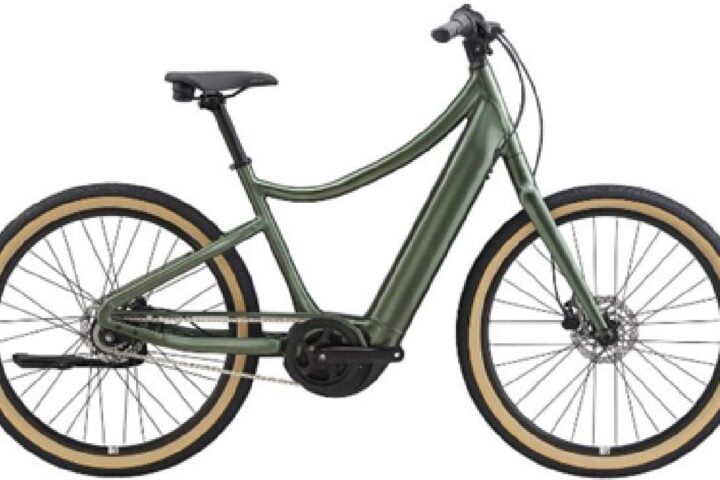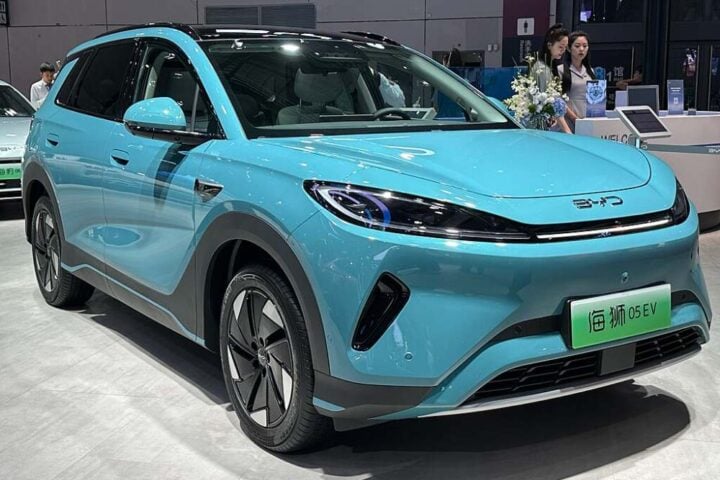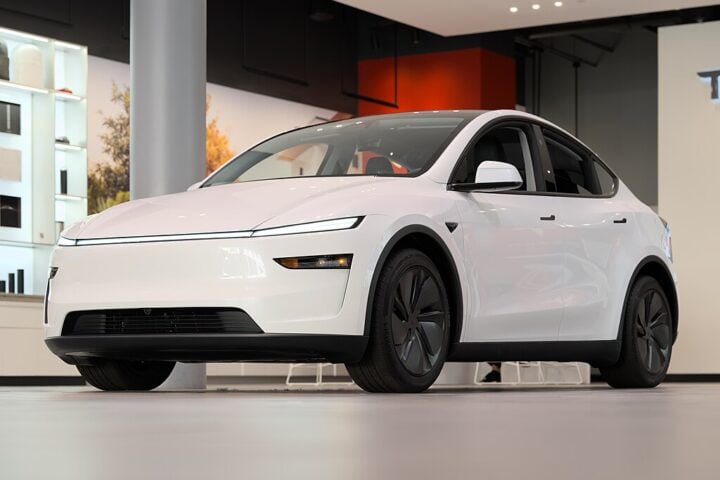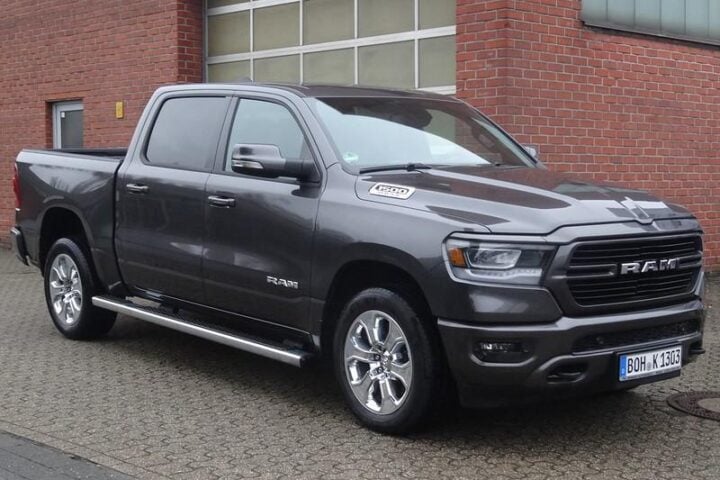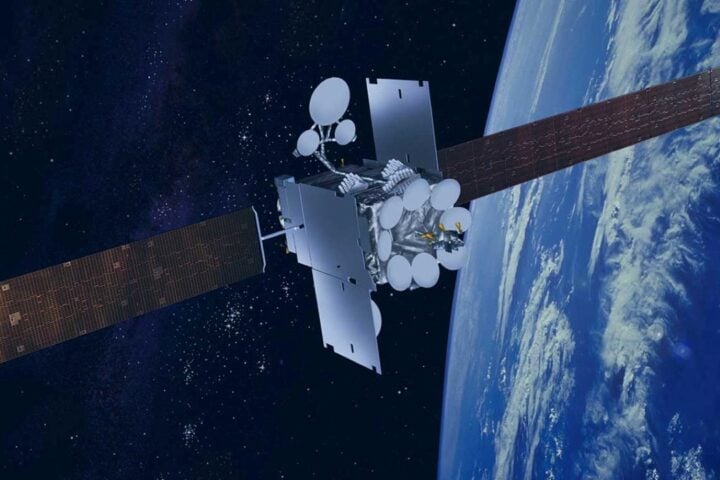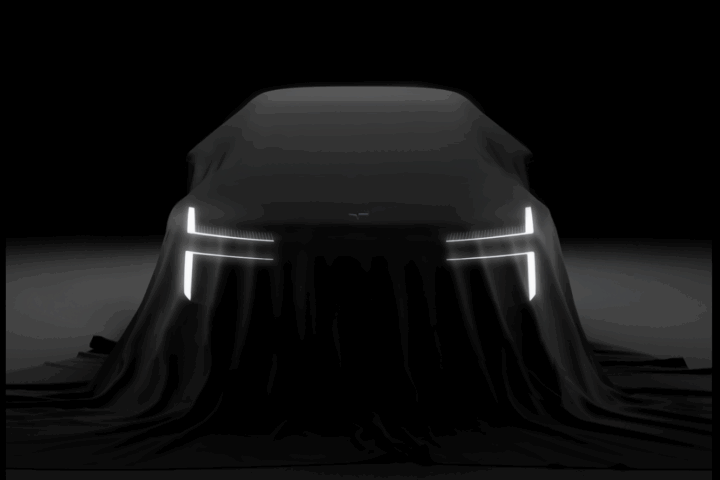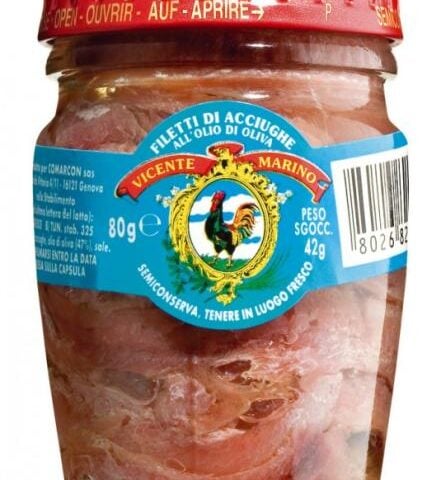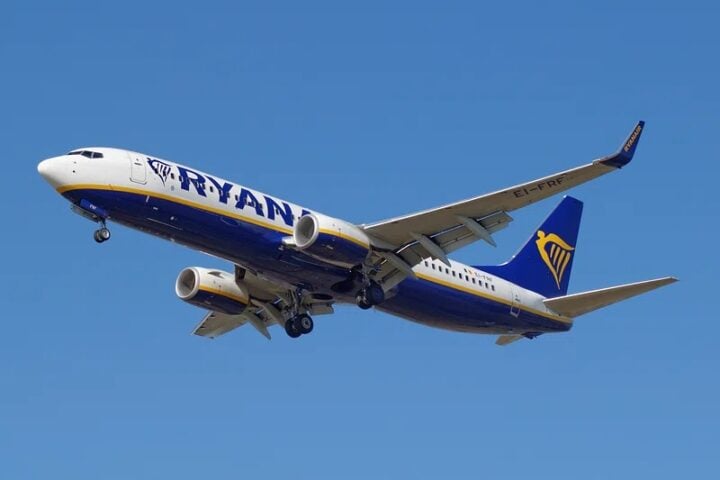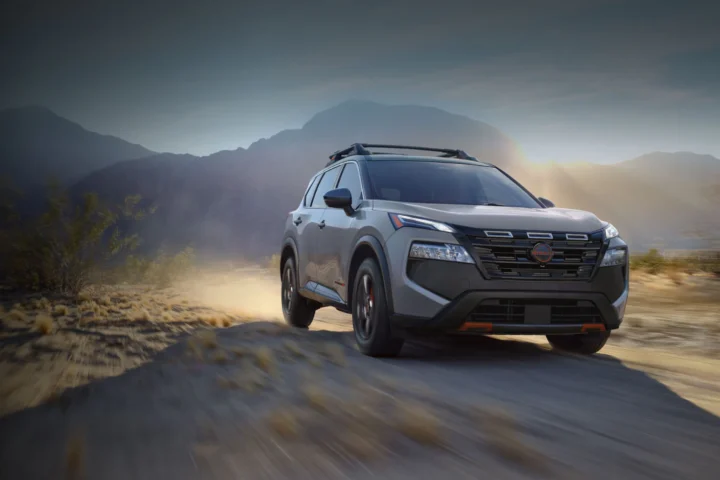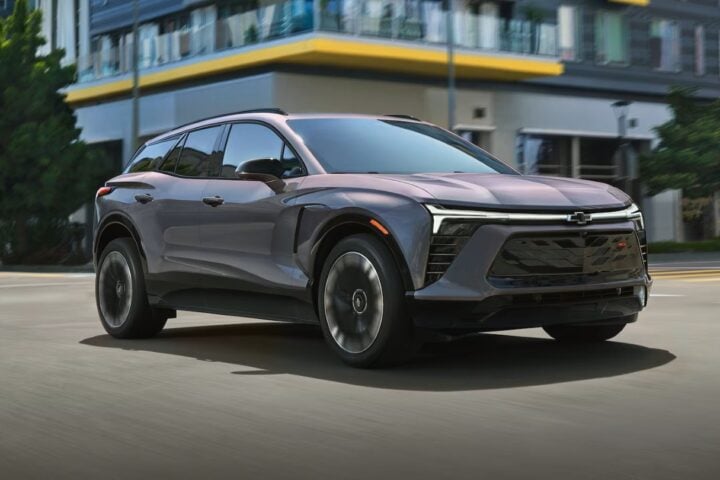Rolls-Royce has taken a significant step in sustainable aviation by completing a series of tests with 100% Sustainable Aviation Fuel (SAF) on their advanced business aviation engines, the Pearl 15 and Pearl 10X. These tests, conducted at their Dahlewitz facility in Germany, are part of the company’s strategy to contribute to the aviation industry’s goal of net-zero emissions by 2050.
The Pearl 15 engine, which is fitted in Bombardier’s Global 5500 and 6500, and the Pearl 10X, soon to power Dassault’s Falcon 10X, were put through their paces to validate the performance of SAF compared to conventional jet fuel. Dr. Dirk Geisinger, Director of Business Aviation at Rolls-Royce, highlighted the importance of SAF, saying, “Sustainable aviation fuels are a key element of our sustainability strategy as they will play an important role in decarbonizing long-haul flight.”
The tests demonstrated that SAF could cut net CO2 lifecycle emissions by around 80% over traditional jet fuel. Additionally, the Pearl 10X’s advanced combustion technology, coupled with SAF’s cleaner burn, resulted in lower emissions of non-volatile particulate matter (NVPM).
Similar posts
Rolls-Royce’s commitment to sustainability is evident as they work towards certifying their engines for 100% SAF use, beyond the current 50% blend limit. By the end of 2023, the company aims to certify all its Trent and business aviation engines for 100% SAF compatibility.
The successful tests not only support the viability of SAF as an alternative to fossil fuels but also align with the International Air Transport Association’s (IATA) emissions reduction objectives. The adoption of SAF is a critical step in decreasing aviation’s environmental impact and forging a sustainable path for the industry’s future.
Rolls-Royce’s progress in SAF compatibility marks a technological shift in aviation, showcasing the potential of SAF to become integral to the industry’s environmental strategy. The company’s engines are known for their performance and reliability, and these tests prove that sustainability does not have to compromise these standards.
The path to decarbonizing aviation is complex, involving challenges in SAF production, distribution, and economic factors. However, Rolls-Royce’s advancements offer a vision of a future where air travel is more sustainable.
